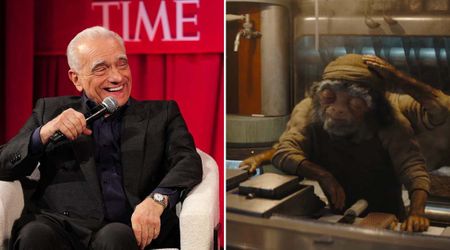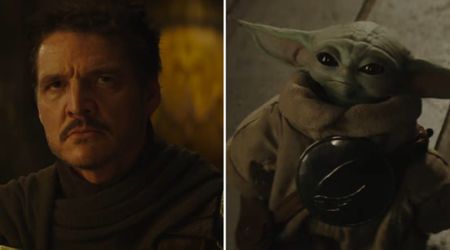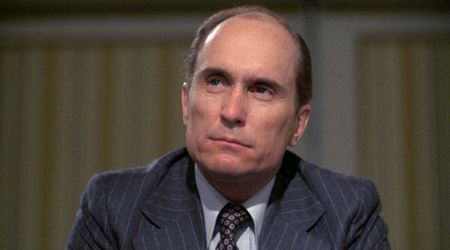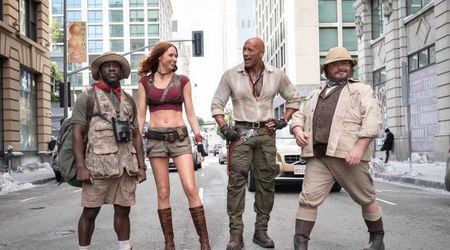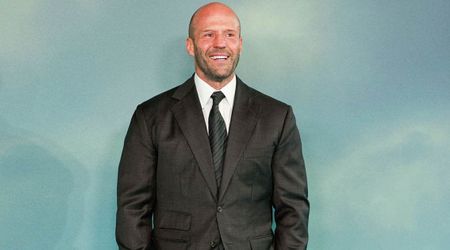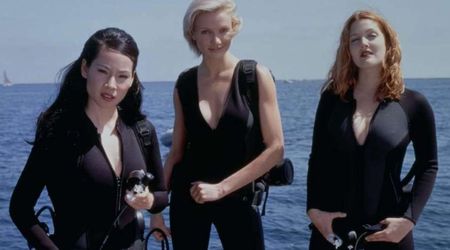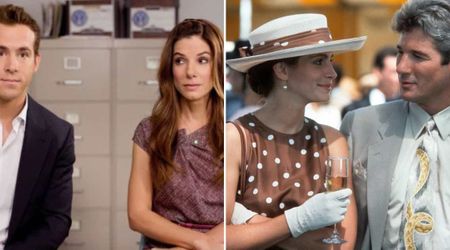'You Should Have Left' Review: David Koepp's horror thriller builds up way more than its climax delivers

Spoilers for 'You Should Have Left'
An ominous house, oscillating back and forth in time, possible portals, hidden basements, extremely lucid nightmares and gritty backstories – everything comes in generous proportions in David Koepp's Kevin Bacon and Amanda Seyfried starter 'You Should Have Left'. Setting up what looks like the backdrop of a typical Lifetime marriage thriller, the story takes a turn from a vengeful husband with a violent past to a helpless father sacrificing it all for the devil within. In that, Koepp's thriller has pretty much everything that makes for a good horror these days. Everything except a fresh enough concept to leave you rattled and not ask the age-old question: "Why would anybody move into a giant house in the middle of nowhere?"
The story kicks off with a troubled man called Theo, played by Bacon. His dark past leads him to become some sort of a recluse, heavily reliant on therapy and journaling and resorting to passive-aggressive digs at his extremely hot, young, flippant actress-wife Susanna, played by Seyfried. They share a young daughter, Ella and she is practically the only thing they have in common other than their love for grand houses in remote, foreign locations.
Plagued by the stigma surrounding his first wife's mysterious death and his current wife's waning interest in him, Theo is constantly on the edge. When not feeling insecure about his wife's possible affairs, he fusses over her not allowing him to spend enough time with their daughter. He comes off as a decent husband and father, but Bacon does his best to hint the underlying darkness that we soon learn about. Theo's life turns upside down when they have to move to the UK for a new project Susanna is working on, and they go for a house that neither of them remembers coming across online, before even meeting the owner in person.
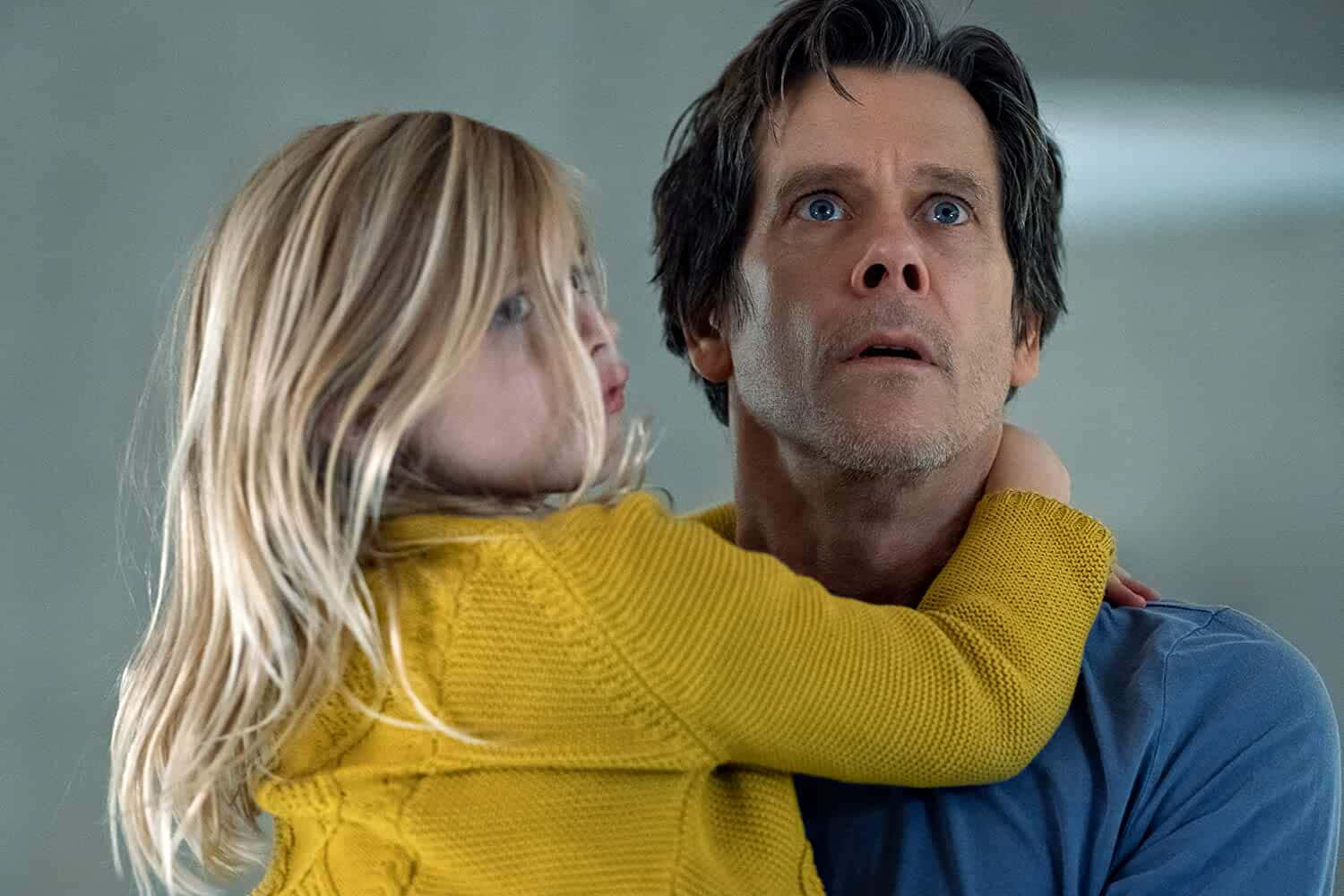
It's your typical white people in horror movies trope, where their instincts suggest as if the concept of the horror genre doesn't exist in their realm. In moments where Theo tells the nearest general store owner about living in the eerie-looking house, Koepp's film satirizes this same trope, with the store owner scoffing at the couple's trust in buying a house from a stranger in the middle of nowhere. The fact that they continue to live there despite hidden doors, stairways and portals, among sketchy shadows appearing out of nowhere, become impossible to look beyond. It's almost as if the whole story was a snarky commentary at things people will do when they have invested over their budget in something they didn't quite need in the first place.
The camera work is ambitious, albeit steady and one of the only respites of the film, with Koepp's screenplay borrowing all the jagged essentials of Daniel Kehlmann's original novel that the story is based on. The other respite is Avery Tiiu Essex's work as the little Ella – a character treading on the fine line between intuitive and precocious. Ella, like most on-screen portrayal of kids in troubled marriages, asks her mother point-blank why everybody hates her papa. Susanna's honest answer reveals how people believe Theo had drowned his first wife only spurring the downfall of their marriage falling apart. Soon secret phones, lies, cheating and separation come up but the house is not done messing with its current inhabitants, presenting a villain in the form of the original owner Statler who, in the end, states the obvious about its purgatorial grounds.
Bacon does his best for most part of the horror film and comes off as the right kind of looming for the role of a spiraling family man. It is only after a haunting face-off with the house's multiple dimensions that make Theo travel back in time to leave notes of warning in his journal and things come full circle.
He in fact did kill his first wife, as he admits to Susanna after realizing entrapment is his punishment. We learn the ominous shadow they kept coming across was him from the future all along and there's no running away from that. There's no body count at the end of the psychological thriller and while that's not necessary for a good thing for a horror, the film fails to register as anything even close to unsettling. If anything, it gives false hopes with the house expanding and imploding only to arrive at the same old typical ending, like leaving a multiple course meal with the blandest dessert ever.
'You should Have Left' will be available on virtual theatres from June 19.

